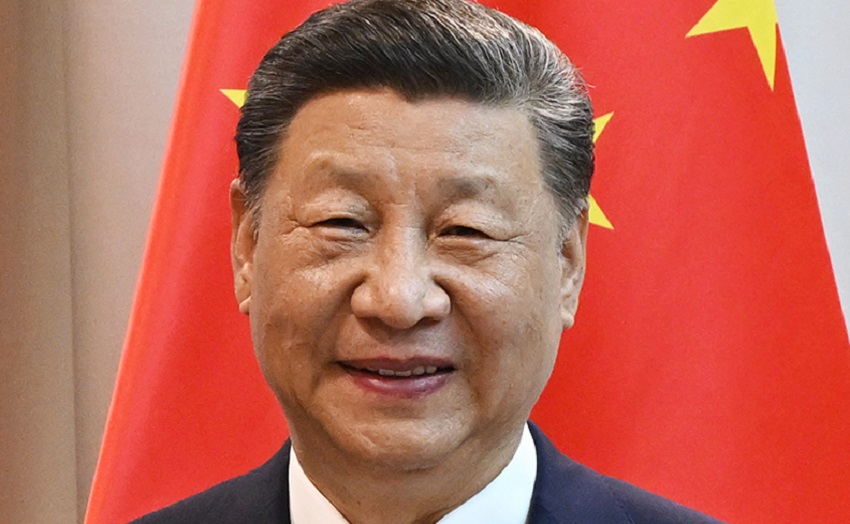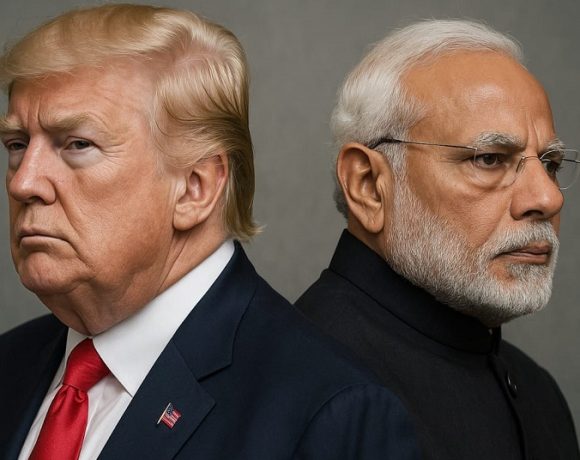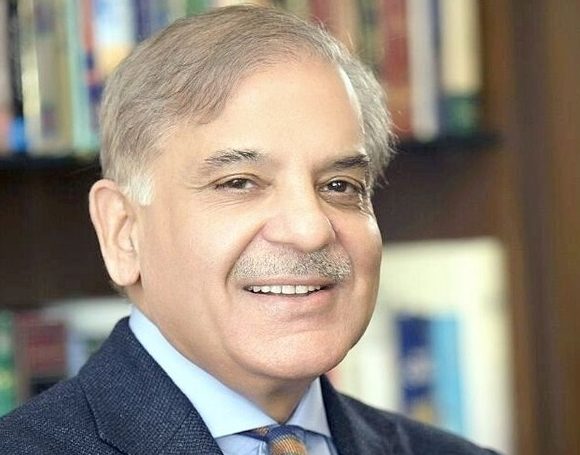
Xi Jinping’s Two‑Week Absence Fuels Speculation of CCP Power Shift
Chinese President Xi Jinping’s unexplained absence from public view for nearly two weeks has triggered intense speculation about possible internal shifts within the Chinese Communist Party (CCP). Between May 21 and June 5, Xi was conspicuously missing from major events and state-run media coverage, fuelling rumours that factional realignment may be underway at the top echelons of Chinese power.
Observers note that during Xi’s absence, other senior CCP figures took on more visible roles in public engagements, and official propaganda toned down references to “Xi Jinping Thought,” a hallmark of his ideological dominance. Analysts interpret these developments as subtle signals of a possible recalibration of internal power dynamics.
Quiet Moves Behind the Curtain
Insiders suggest that senior party elders—many aligned with former President Hu Jintao’s technocratic camp—may be orchestrating a quiet containment of Xi’s influence. While not a formal ouster, this strategy could involve reducing his decision-making authority while retaining him in symbolic leadership roles to avoid instability or international alarm.
Adding to the intrigue, senior military officials such as General Zhang Youxia have reportedly gained traction within the Central Military Commission, potentially representing a shift away from the dominance of Xi-loyalist commanders. Such adjustments within the military hierarchy are often seen as indicators of broader political recalibration in China.
Ideological Tones Shift
In the weeks following Xi’s disappearance, official speeches, state publications, and educational directives reportedly featured less emphasis on Xi-centric ideology. In China’s tightly controlled media environment, such editorial changes rarely occur without intent, prompting speculation that Xi’s ideological primacy is being cautiously rolled back.
Critics and some academic voices have also cautiously resurfaced, questioning recent policy decisions and calling for more pragmatic governance—especially as the country grapples with high youth unemployment, weak consumer confidence, and regional unrest.
Regional Implications
The ripple effects of internal shifts within the CCP are being closely watched in geopolitical circles. Historically, periods of leadership turbulence in China have coincided with heightened foreign assertiveness. Strategic analysts caution that a CCP power struggle could result in more aggressive behaviour toward border regions and maritime zones, especially as nationalist rhetoric is often used to consolidate power during uncertain times.
India, in particular, must remain vigilant. Any vacuum or transition in Beijing’s leadership could influence China’s posture along the Line of Actual Control (LAC) and its broader engagement across the Indo-Pacific.


















